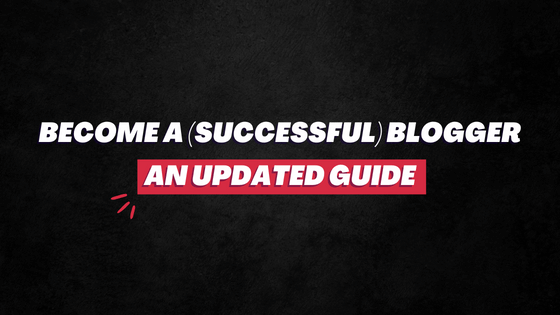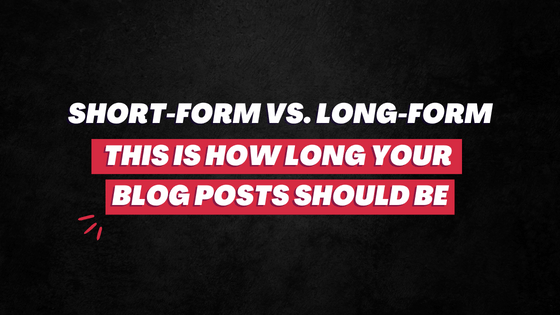Sounds simple, does it not?
Only it isn’t!
The path to become a profitable blogger has several twists and turns in the journey.
And to cover these challenges, many renowned bloggers in the world rely on numerous tricks. Some use “gray” tactics, others outright lie.
This enables their growth, eventually helping them make more money from their blogs.

Here are 7 dirty blogging tricks (not tips) many bloggers use, including the “top” ones:
1. Putting up Fake Testimonials
72 percent of consumers saypositive testimonials and reviews increase their trust in a business.
So, it makes sense that as a blogger you would want testimonials to show to your visitors… testimonials from your peers saying good things about you, your expertise, and your products.
But then the testimonials you’ll see many bloggers put up are often fake with the fake names and pics.
In addition, those that are genuine…
You’ll notice the same circle of bloggers are writing similar testimonials for each other. The same names are giving testimonials on every blog.
It’s quid pro quo. You say something good about me, I’ll say something good about you. Reciprocal testimonials.
Not that this is a major problem. It’s one blogger helping the other.
But it is misleading the consumers, which is unethical.
2. Dishonest “As Seen On”
If you’ve been mentioned on top websites like Entrepreneur, Forbes, and HuffPost, it automatically adds to your brand value.
It makes you look better.
Many bloggers put up such “as seen on” or “as featured on” ticker. (Note: There’s a big difference between ‘as seen on’ and ‘as featured on’ even though they both are used interchangeably.)
Interestingly, very few of them include the links of such ‘feature’ or ‘seen’.
You won’t find such links anywhere on their blogs.
Many of them lie.
Also, you must look at the names of the sites that they have been seen or featured on.
Those who aren’t lying, they have been featured/seen on sites that don’t even matter and you haven’t even heard of. In many cases, the featuring site are just their friend’s. (This is a whole different conversation though!)
3. Bogus Income Reports
Blogging income reports attract a lot of organic traffic.
So to tap on that appeal, many bloggers publish fake income reports. They lie about their blog traffic and the amount of money it’s helping them make.
Remember, a relatively newer blog that doesn’t even get 100 visitors is unlikely to make big $$$$$.
With little intuitive research on their blog traffic, social media presence, and brand positioning – you can actually tell who are honest about their blogging income report and who are lying.
The next time you see income report of bloggers, be skeptical before blindly trusting them.
4. Stupid and Irrelevant Bonus Stack
This is a great sales tactic.
When you’re selling something, you add several (free or discounted) bonuses. This would make your primary product more valuable, which would make it more tempting to purchase.
However, in recent times, many sales people and bloggers have unethically used this tactic.
Their bonuses are outright stupid and exist just for the sake of it.
They add no value to your purchase. They simply act like you’re getting bonuses, which would make you believe you’re cracking a sweet deal.
Again, the sales tactic is great.
But if you’re pushing ridiculous, stupid, and invaluable bonuses, you’re just being manipulative. And it’s wrong.
5. Over-Inflated Value
Here’s a truth: The courses and eBooks many bloggers sell usually include scrapped information, which you can find online for free.
They would add no value to your pain points.
If that’s not bad already, they also over-inflate the worth of their products.
Those eBooks aren’t worth $49.
The course isn’t worth $1999.
The cost is really based on how much they want to make money from blogging and not how much value they are providing to their audience.
6. Unbelievably Discounted Price
Another effective sales technique that’s now unethically deployed by the bloggers.
The fact that they are willing to offer an eBook worth $29 at just $1 is ludicrous. (Such discounts are often “limited time”.)
A very high discounted price usually exposes how worthless the product was in the first place.
And the fact that they lied about the real value of the product also shows that they are after your money.
Be cautious of the discounts you’re offered. If it’s too much, understand that the value of the product is shi#t and you’re likely being duped.
7. Fake Screenshots of Happy Customers
This one works great!
Screenshots drive higher conversion. (There’s a reason why app makers provide so many screenshots of their apps on download pages!)
You’ll find them on the landing pages where these bloggers are trying to sell you their products… Screenshots of emails, Facebook comments, messages, and more that scream how great the product is and how it changed people’s lives.
Creating fake emails and messages aren’t difficult. There are countless online generators for this.
And the (Facebook, Reddit) comments you read in these screenshots, they are often made from fake accounts. And if not fake, they are made from profiles of individuals that the blogger already knows (friend, family, and peers). Now you cannot expect their friends and family to give objective opinion about their product.
You Can Try Them Too…
The intent of this post is to create awareness around how unethical practices have become so prevalent in the blogging community.
The above-mentioned blogging tricks are otherwise very effective conversion and sales tactics.
Sadly, many bloggers now mix fake elements to make these tactics unethical. All this to make more money from blogging.
Sure, if you’re a blogger yourself, you can try these blogging tricks.
But I highly recommend you stick to your truths instead of relying on unscrupulous measures and statements.
To become a successful blogger, it’s much more than just about how much money you make. It’s also about ethics and how much (honest) value you bring to your audience.
Happy blogging!
Recommended Read: 68 Blogging Tips for Beginners And Pros (2020 Updated)




